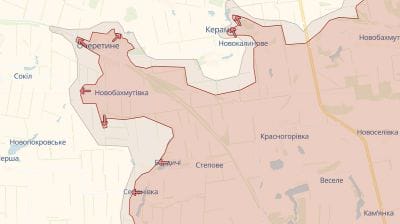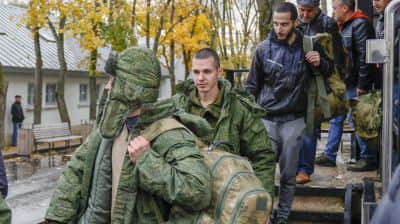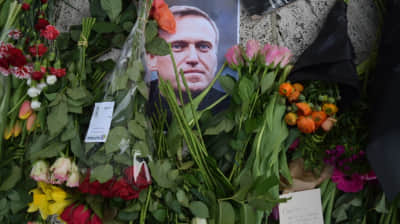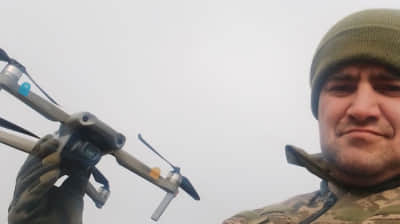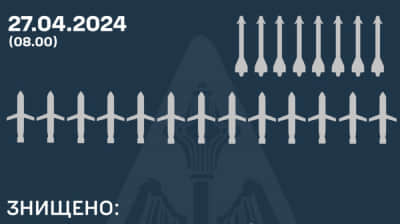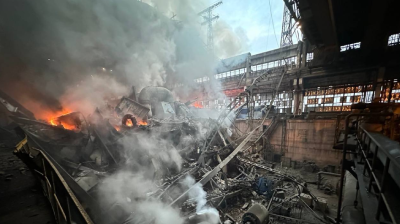ISW analyses Putin and Lukashenko's claims regarding terrorist attack on Crocus City Hall in Moscow Oblast
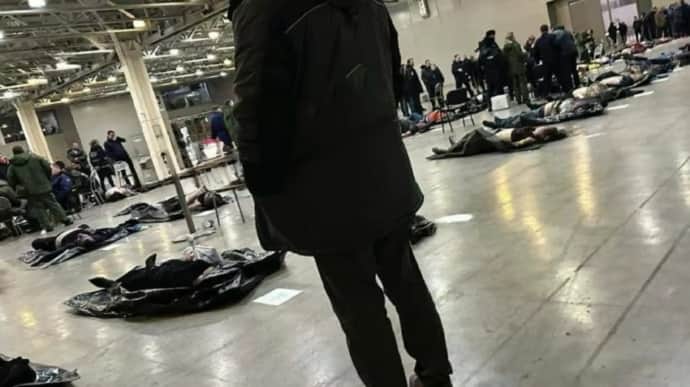
Experts at the Institute for the Study of War (ISW) have analysed the claims made by the leaders of Belarus and Russia regarding the terrorist attack on the Crocus City Hall concert venue in Moscow Oblast.
Source: ISW
Details: Alexander Lukashenko, the self-proclaimed president of Belarus, claimed that the perpetrators of the attack on Crocus City Hall initially attempted to flee to Belarus, not Ukraine, directly contradicting the Kremlin's narrative of Ukraine's involvement, possibly to avoid questions about why the attackers were heading to Belarus in the first place.
The ISW noted that Lukashenko has "very little evident incentive to lie about the facts of the attack in this way".
At the same time, the experts indicated: "The suggestion that the attackers were travelling towards Belarus, presumably to seek refuge there, could have damaging political consequences for Lukashenko and his regime as it would raise questions about why they thought they would be safer in Belarus and who they thought might receive them there".
Therefore, Lukashenko has likely sought to prevent controversy over the attackers' hypothetical ties to Belarus by claiming that Belarusian forces played a crucial role in their arrest. Although Lukashenko's remarks undermine the Kremlin's established narrative, they reduce his vulnerability to Kremlin attempts to leverage non-public information about the attackers' initial escape plans to exert pressure on the Belarusian leader in the future.
Russian ruler Vladimir Putin and other Russian officials appear to be struggling to maintain a consistent rhetorical line regarding the Crocus City Hall attack. This indicates that the Russian authorities have not yet fully resolved how to align their information operations with the reality of their intelligence and law enforcement failures.
To quote ISW’s Key Takeaways on 26 March:
- [The self-proclaimed] Belarusian President Alexander Lukashenko said that the Crocus City Hall attackers originally fled toward Belarus not Ukraine, directly undermining the Kremlin narrative on Ukraine’s involvement, possibly to head off questions about why the attackers headed toward Belarus in the first place.
- Russian President [leader – ed.] Vladimir Putin and other senior Kremlin officials appear to be struggling to maintain a consistent rhetorical line about the Crocus City Hall attack, indicating that the Kremlin has not fully figured out how to reconcile its information operations with the reality of its intelligence and law enforcement failure.
- Russian officials are proposing actionable but likely impractical solutions to the emotional outcries for retribution in response to the Crocus City Hall attack.
- The Moldovan Constitutional Court reversed a ruling banning the Kremlin-affiliated Shor Party on 26 March, which will likely allow pro-Russian Moldovan actors to reconsolidate around the Shor Party and reverse the impacts of the previous Moldovan ban on the party.
- Ukrainian officials stated on 26 March that Ukrainian forces successfully conducted a strike on the night of 23 to 24 March against a Ukrainian ship that Russian forces had captured in 2014.
- Separate investigations conducted by Western media outlets have found that Russian forces may be using Starlink terminals in Ukraine.
- Russian forces recently made confirmed advances near Kreminna and Bakhmut on 26 March.
- The Russian military has reportedly started recruiting personnel for elements of the newly reformed Leningrad Military District (LMD).
Support UP or become our patron!


